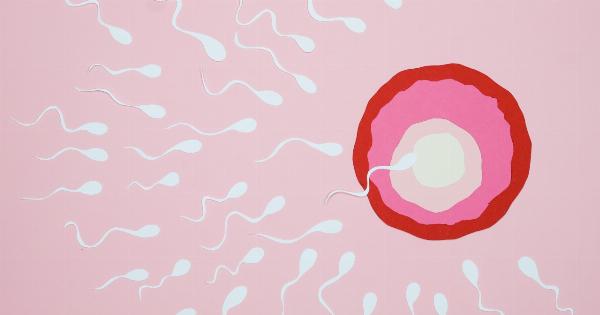IVF, or in vitro fertilization, is a medical procedure that has been used successfully by couples struggling with infertility.
It involves combining an egg and sperm in a laboratory dish and then transferring the resulting embryo to the woman’s uterus. Recently, a new law has been implemented that will bring changes to the way IVF and fertility maintenance are carried out.
The law will have a significant impact on couples experiencing infertility and women who wish to preserve their fertility for future use.
What Does the New Law Entail?
The new law is designed to ensure that individuals who undergo fertility treatments have access to safer, more cost-effective options.
One of the key changes introduced by the law is the requirement for fertility clinics to report data on the outcomes of their procedures. This will allow the government to monitor and regulate the industry. The law also mandates that fertility clinics must provide clear information to their patients regarding the risks and benefits of IVF and other fertility treatments.
The new law also mandates changes to the IVF process itself. One of the most significant changes is the introduction of an embryo transfer limit. Prior to the new law, fertility clinics could transfer as many embryos as they felt was clinically necessary.
However, the new law mandates that no more than two embryos can be transferred in most cases. This will help to reduce the risk of multiple pregnancies, which can be dangerous for both the mother and the babies.
What Impact Will the New Law Have?
The new law is expected to have a significant impact on couples struggling with infertility.
By mandating that fertility clinics report their outcomes, the government will be better able to regulate the industry and ensure that individuals have access to safe, effective treatments. The introduction of an embryo transfer limit will also help to reduce the cost of IVF, as fewer embryos will need to be transferred for a successful pregnancy. The law will also reduce the risk of multiple pregnancies and their associated costs.
For women who wish to preserve their fertility, the new law will also bring changes. A key requirement of the law is that fertility clinics must provide clear information to their patients regarding the risks and benefits of fertility preservation.
This will help women to make informed decisions about whether to preserve their eggs or embryos. Additionally, the law mandates that fertility clinics must provide fertility preservation services to individuals who are facing medical treatments that may affect their fertility.
This will help to ensure that individuals are given more options to preserve their fertility.
Fertility Preservation Options
There are a variety of fertility preservation options available to women who wish to preserve their fertility for future use. These include:.
Egg Freezing
Egg freezing, or oocyte cryopreservation, is a process that involves extracting a woman’s eggs and freezing them for future use.
The eggs are usually frozen in batches, and can be thawed and fertilized with sperm when the woman is ready to conceive. Egg freezing is a popular option for women who wish to delay childbearing for a variety of reasons, including career goals or health concerns.
Embryo Freezing
Embryo freezing involves the fertilization of a woman’s eggs with a partner’s sperm, with the resulting embryo frozen for future use.
Embryo freezing is often used by couples who are undergoing IVF and have additional embryos that they wish to preserve for future use.
Ovarian Tissue Freezing
Ovarian tissue freezing is a relatively new technique that involves removing a portion of a woman’s ovary and freezing it for future use.
The ovarian tissue can be thawed and transplanted back into the woman’s body, allowing her to conceive naturally. This technique is still experimental, but has shown promising results in certain cases.
The Importance of Fertility Preservation
Fertility preservation is important for a variety of reasons. For women, it can provide them with more control over their reproductive choices, allowing them to delay childbearing until it is more convenient for them.
Additionally, fertility preservation can be beneficial for women who are facing medical treatments that may affect their fertility. For men, fertility preservation can be helpful in cases where they are facing medical treatments that may affect their sperm count or quality.
Overall, the new law regarding IVF and fertility maintenance is an important step forward in improving access to safe, effective fertility treatments.
By mandating clearer information for patients and regulating the industry, the law will benefit both couples struggling with infertility and women who wish to preserve their fertility. As technology advances and new methods are developed, it is likely that fertility preservation will become an even more important aspect of reproductive healthcare.




























